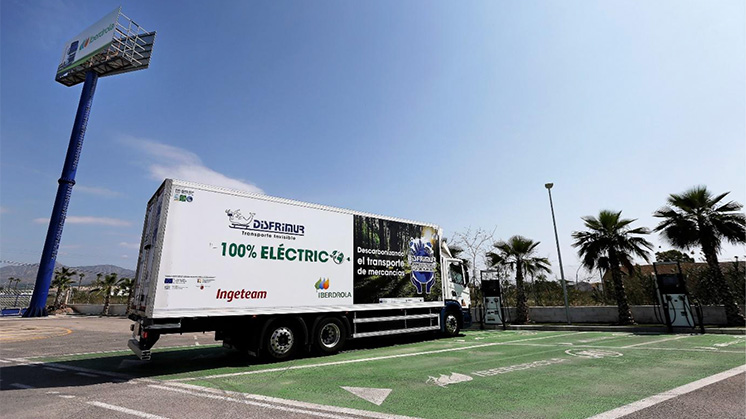The transport industry of europe lives a transformation driven by trends that are redefining their future. The scan stands out as the central axis: transportation management systems (TMS), platforms for real-time tracking and cloud-based solutions are revolutionizing the logistics. These tools not only improve the operational efficiency, but also ensure transparency in the supply chain, facilitating decisions agile and routes better planned.
The electric vehicles are gaining ground, supported by public policies that prioritize sustainability. The fleet of electric trucks are already a reality, especially in urban areas with restrictions of emissions strict. This transition reduces the carbon footprint and offers economic advantages, such as lower fuel and maintenance costs. An emblematic example: MAN Truck & Bus Iberia began in Spain deliveries officers of his series of electric trucks, with the first unit intended for the basque company Garrai SA. According to Logi News, the manufacturer builds up near 700 orders in Europe for its new generation of vehicles, able to drive up to 740 kilometers without recharge —thanks to batteries NMC modular produced in Nuremberg—. Until now, 200 units have exceeded two million miles in real-world conditions.
The experts also have discretion in these matters: ‘The electric trucks from long range, as the MAN, demonstrate that the decarbonisation of heavy transport is viable. But the real challenge lies in scaling the charging infrastructure and ensure renewable energies for the transition to be genuinely sustainable’
— Dr. Elena Ruiz, an expert in electric mobility of the European Institute of Innovation in Transport.
As it expands the charging infrastructure, most companies will integrate this option into their logistics strategies. But the real disruption could come from autonomous vehicles, still in the testing phase but with the potential to improve safety and efficiency. Investment in this technology seeking to optimize delivery times, and reduce human errors. However, analysts warn that the challenge is in overcoming the regulatory hurdles and adapt to the road infrastructure.
And from Berlin by another seasoned expert on the topic proposes: And ‘Europe is writing the manual of the logistics of the future: digitization, autonomy and electrification are not trends isolated, but links of a chain. Those who do not integrate this trinomial will be out of the market in five years’
— Markus Weber, director of Logistics Future Forum (Berlin).
The interconnection between these trends —digitalization, electrification and autonomy— is creating an ecosystem more resilient. The real-time data to adjust the planning and execution of the transport, while the EU is promoting the change with climate goals. The result is a future where the european logistics will be not only more efficient, but also sustainable.
The european legislation advances in sustainability, but continues to limp along in autonomous vehicles. Without a harmonised legal framework, the investment in autonomy will continue to be stalled in the testing phase’
— Carlos Mendez, senior policy analyst at transport CEPS (Brussels).
Have any thoughts?
Share your reaction or leave a quick response — we’d love to hear what you think!





